“Creation, Sharing of Fake News Is A Crime Punishable By Law”
- Par Eulalia AMABO
- 16 Jul 2020 11:45
- 0 Likes
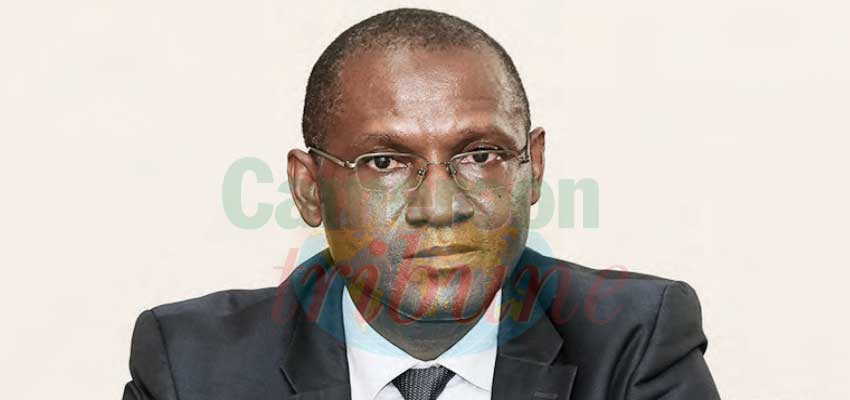
Prof. Ebot Ebot Enow, Director General of the National Agency for Information and Communication Technologies.
The Minister of Communication in a press conference on July 13 cautioned against systematic misinformation on traditional and social media. What is being done by ANTIC to limit the propagation of false information on the social media given that your role is to protect the cyber space of the country?
To begin with, I would like to state that the fake news phenomenon thrives on two components: communication – the primary element, which has to do with the intended message, and technology which is the channel through which the message is routed. With regard to the technological component, ANTIC in its capacity as the government agency mandated to combat cybercrime in Cameroon has undertaken a series of activities in this regard notably; raising public awareness on fake news preventive best practices and the risks inherent in the propagation of fake-news. This awareness campaign is carried out on several communication channels including - biweekly radio programmes, social media posts, the conception, development and distribution of Internet Security Guides and the organisation of seminars, workshops and public forums; The training of communication units of government ministries on digital communication skills in a bid to strengthen their secure online presence. ANTIC organized two (02) of such training workshops in 2018 and 2019 in partnership with relevant international organisations; providing support to public and private institutions in verifying their official accounts and pages. As of today, thirty one (31) Government Ministries and Ministers have had their Facebook pages and accounts verified; the detection and reporting of fake news and pages/accounts usurping the identities of high-ranking state officials. ANTIC has so far detected and reported 3211 fake accounts to social media platforms, of these, 2219 have been closed; The putting in place of a toll-free number 8202 that allows individuals as well as public and private institutions to contact ANTIC around the clock to report cases of cybercrime. For the fight against this vice to be effective, stakeholder groups need to come on board particularly traditional media organs, journalists and the public at large.
What risks perpetrators of these acts vis-à-vis existing laws?
The creation and sharing of fake news constitutes a crime in Cameroon punishable by without being able to attest its veracity or prove that the said piece of Law N° 2010/012 of 21 December, 2010 relating to cybersecurity and cybercrime in Cameroon which states in its section 78 that: “Whoever uses electronic communications or information system to design, to publish or to propagate a piece of information was true shall be punished with imprisonment of from 6 (six) months to 2 (two) years or a fine of from 5 000 000 (five million) to 10 000 000 (ten million) CFA francs or both of such fine and imprisonment.”
Subsection 2 of this section states that: “The penalties provided for in Subsection 1 above shall be doubled where the offence is committed with the aim of disturbing public peace.”
It has been established that the exponential increase of fake news in our society is due to the supposed anonymity and even impunity that social media platforms provide to cybercriminals, given that their user identities are not verified during subscription. However, thanks to Digital Forensic techniques and tools, it is possible to gather digital evidence that permit the identification of the author of a publication or electronic communication. These tools have enabled ANTIC to successfully conduct more than 2500 (two thousand five hundred) investigations on cybercrime. As such, no one should engage in fake news propagation with the misconception that his or her actions are untraceable.
In some countries, governments through structures like yours decide which social media to operate. Are there reflections in this light? If yes, how far?
With the advent of social media, there has been an upsurge of hate speech, violent extremism, fake news and other content that violates community standards, thus pushing governments to rise to the occasion.
Social media control is often about balancing individual freedom with public order and safety. In some countries, such controls go as far as selecting which social media are allowed to operate within their cyberspace. ...
Cet article complet est réservé aux abonnés
Déjà abonné ? Identifiez-vous >
Accédez en illimité à Cameroon Tribune Digital à partir de 26250 FCFA
Je M'abonne1 minute suffit pour vous abonner à Cameroon Tribune Digital !
- Votre numéro spécial cameroon-tribune en version numérique
- Des encarts
- Des appels d'offres exclusives
- D'avant-première (accès 24h avant la publication)
- Des éditions consultables sur tous supports (smartphone, tablettes, PC)






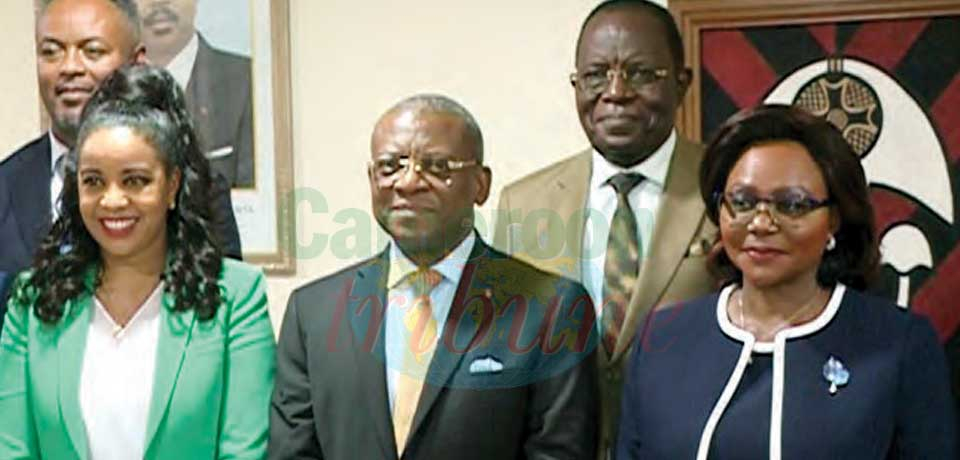
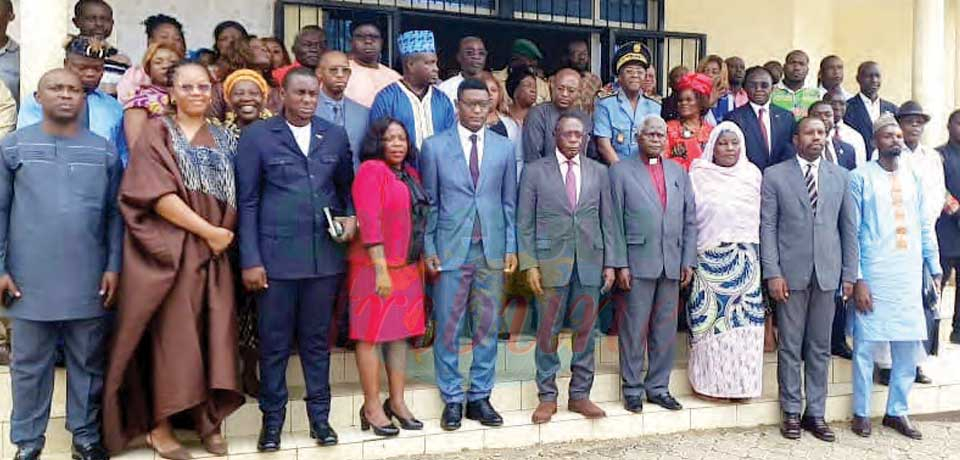
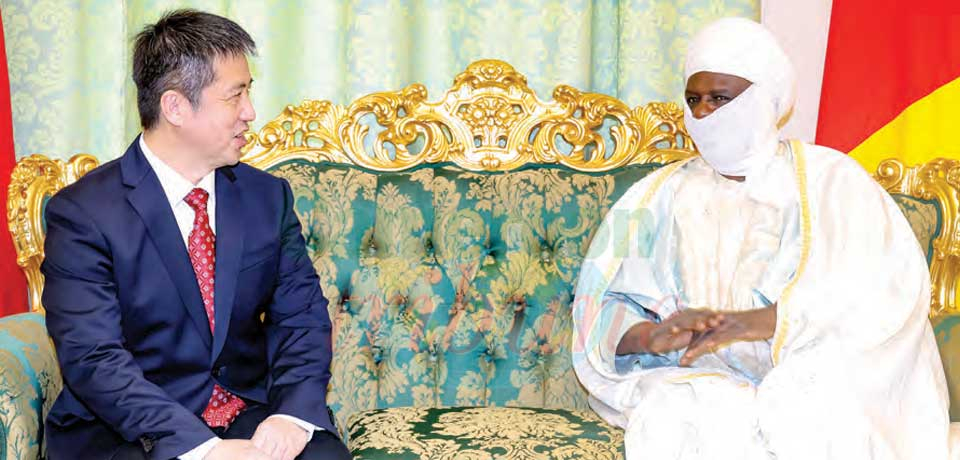
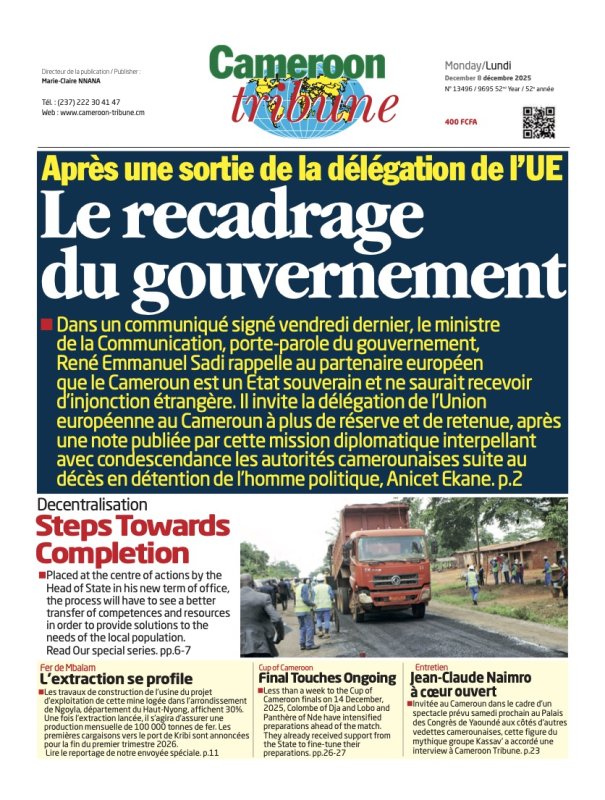




Commentaires